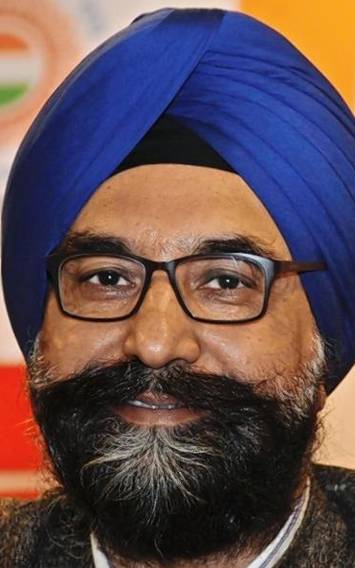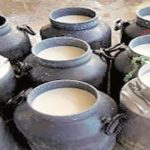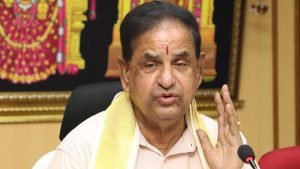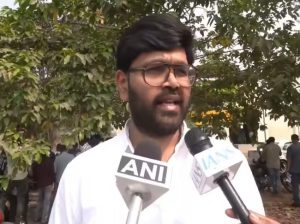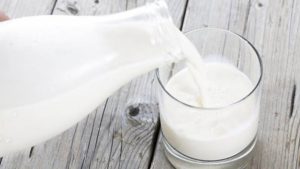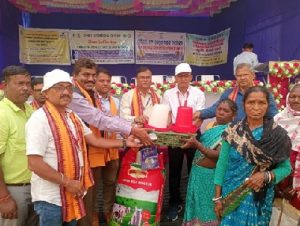
India must not give concessions in the agriculture and dairy sectors to the US in the mini-trade deal being negotiated and the subsequent proposed free trade agreement (FTA) as farmers’ livelihoods could be severely hit when faced with competition from cheap and subsidised imports, some trade experts and farmer organisations have cautioned.
“Agriculture and dairy are not trade issues for India but are livelihood issues. The US dairy sector gets a $28 billion subsidy annually. If these subsidised imports come to India, how will the Indian farmer face competition?” argued RS Sodhi, Managing Director, Amul, speaking at a webinar on India-US trade deal organised by Third World Network (TWN) and IT for Change on Monday.
Dairy, including milk powder, is one of the primary areas where the US is pushing for immediate concessions from India in the bilateral mini-free trade pact, which Commerce & Industry Minister Piyush Goyal recently said may be concluded soon. Farm produce, including apples, walnuts, almonds, soybean and poultry are some of the agriculture items that Washington reportedly wants India to bring down tariffs on.
India has so far resisted attempts by Washington for commitments in sensitive areas such as agriculture, medical equipment, telecom, e-commerce and intellectual property which have prevented the two from progressing on a full-fledged FTA.
The US elections angle
India needs to be watchful in the next few months till the US Presidential elections in November 2020 as the US might increase pressure for concluding the mini-trade deal with concessions for its farmers, who were a big vote-bank for the Trump regime, warned Devinder Sharma, food and trade policy analyst.
“Farmers’ income in the US has been declining as they are going through troubled times and there is big pressure on the Trump regime to find new markets for farm produce,” Sharma pointed out.
The US is putting pressure both through the World Trade Organisation and bilateral trade talks to make India open its markets and New Delhi must keep resisting the attempts, he added.
“If India reduces import tariffs on apples, almonds and walnuts from the US, the hill states of Himachal Pradesh, Uttarakhand and Jammu & Kashmir will be in big trouble,” pointed out KV Biju, national coordinator of Rashtriya Kisan Mahasangh (RKM), a coalition of over 130 farmers’ bodies across the country.
Import of chicken soars
After India lost the case at the World Trade Organisation on poultry imports filed by the US, imports of chicken from the country rose to $4.17 million in 2017-18 and then to $5.45 million, Biju pointed out, adding that if import duties were brought down, local farmers would suffer greatly.
Washington is one of the largest subsidy providers for agriculture, providing billions of dollars in green box support to its farmers that are seen as non-trade distorting by the WTO, pointed out Ranja Sengupta from TWN.
The BJP-led government had walked out of the Regional Comprehensive Economic Partnership (RCEP) pact last year, which included the ASEAN, China, Australia and New Zealand, among others because of opposition from farmers, said Parminder Jeet Singh, from IT for Change. Singh expressed hope that the same political will would continue to guide policy makers while deciding on the trade pact with the US.
